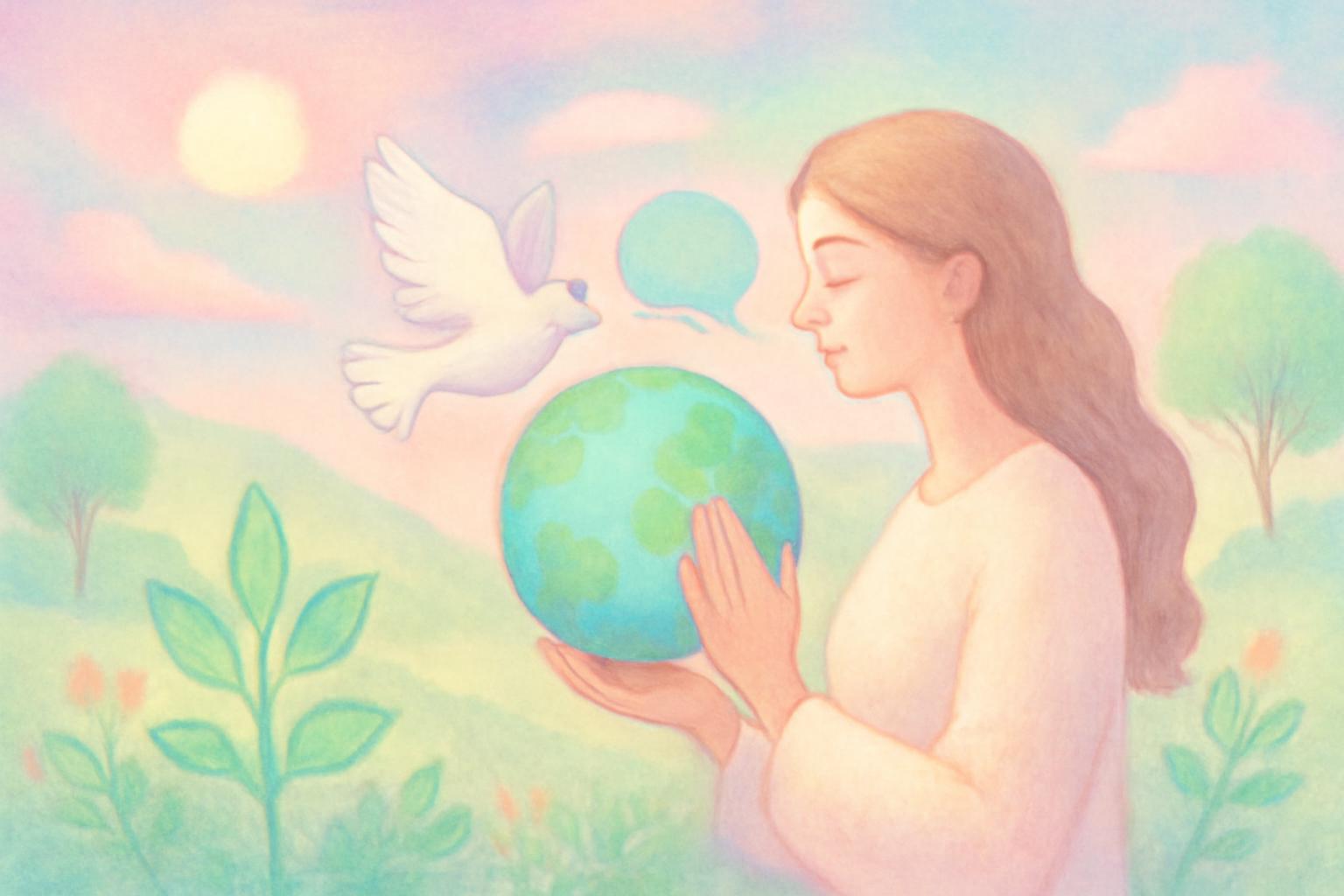A careful chorus of diplomacy is weaving itself into the day, as leaders circle the table with careful words and open lines of communication. A European chancellor hosts a videoconference, the aim to steady paths toward dialogue between powerful capitals, while a singular focus remains on the gravitas of substance over spectacle. Europe’s fluctuating stance—nudged by renewed defense commitments, wary about energy and trade, and mindful of Ukraine’s dependence—threads through the conversations, with promises to keep Europeans informed after a broader summit. A European coalition presses for a strategy to end the war, weighing ideas like a peacekeeping approach that avoids ground troops, while Germany weighs practicality against idealism. France pushes for tougher economic pressure on Russia, continued arms deliveries to Ukraine, and even a potential NATO path for Ukraine; Britain insists on Ukraine’s direct participation in any deal and sharpens sanctions against those who would claim victory by sidelining Kyiv. Moscow, for its part, sizes up Merz’s moves as a maneuver and clings to the sense of advantage already in its hands. Across the EU and allied partners, high-level talks shape a shared resolve to protect Ukraine’s sovereignty and endure meaningful support, even as the calculus remains delicate, and the world watches with a wary, hopeful gaze.
I hear the earth sigh under the weight of this chessboard, and I cannot pretend that the soil beneath our boots is untouched by the moves of empires. The harm runs deeper than lines on a map: war drains water from wells, scorches forests, and spills nutrients from the soil that feed a people. The so-called efficiency of these negotiations rings hollow when it costs the breath of a mother in a besieged village, or when energy prices become a new blade that cut a family’s meal in half. We are not merely discussing borders and balls of power; we are witnessing a centuries-old pattern—the colonial habit of drawing lines on maps while whitewashing the costs borne by land and labor, by first nations and farmers alike, by communities whose roots run deeper than the profit margins of a quarterly report.
And what of the toxic capitalist system that treats the earth as a ledger’s appendix and people as disposable assets in the chase for a stronger balance sheet? It thrives on fear, on scarcity, on the belief that security can be bought with barrels, contracts, and sanctions, while the living world frays at the edges. It glorifies rivals and rewards aggression, yet asks the very soil, water, and air we depend on to bear the burden of our ambitions. It is a system that turns sovereignty into a bargaining chip and human dignity into a variable in a spreadsheet. This is not merely geopolitics; it is a moral ecology in crisis.
Let us then imagine a healing beyond the brink: diplomacy rooted in truth-telling about colonial histories; agreements anchored in the sovereignty and dignity of all peoples; a peace that guards not only borders but futures—where resources meet the needs of people and planet, not the appetite of profit. Let disparities be addressed with reparative justice, and let green transitions—meter by meter, village by village—be the currency of security. Invest in climate resilience, in sustainable livelihoods, in decolonizing our economies so that aid and trade serve soil and sustenance rather than power. MayUkraine’s sovereignty be recognized as sacred, and may the voices of those most affected guide every decision. Let the earth be our shared home’s witness: a peace built on reverence for life, on clean air and living waters, and on a humanitarian, ecologically sane pathway forward.
May the next steps rise like sap in a maple tree, moving slowly, truthfully, and toward a healthier world. If diplomacy can return to listening—listening to the land, to elders, to the long memory of communities—we might yet harvest a future where security does not require exhaust, where sovereignty is honored with responsibility, and where Mother Earth is not collateral but kin.
